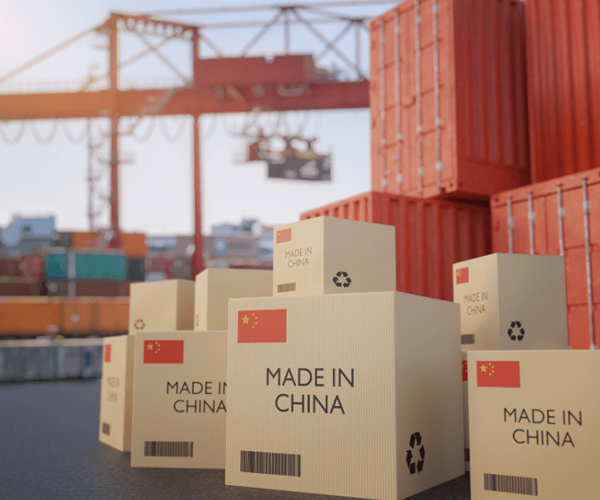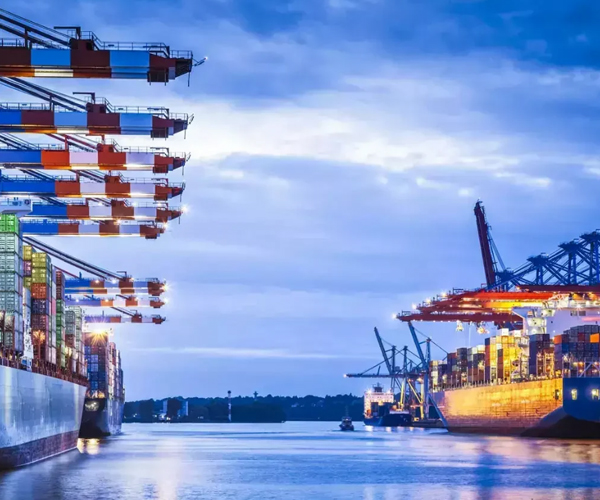
The Impact of Technology
Automation and Robotics
Advancements in automation and robotics have the potential to address some of the challenges associated with outsourcing to China. Many industries are exploring automated solutions to reduce dependency on manual labor and mitigate the impact of rising wages.
By incorporating automation into their processes, businesses can improve efficiency, reduce labor costs, and enhance the precision of their operations. This approach can be particularly beneficial for tasks that require repetitive and precise actions.
Assess Your Business Needs
Making the Decision
Before deciding to outsource to China or any other location, it is crucial to conduct a comprehensive assessment of your business needs. Consider factors such as the nature of your project, budget constraints, required expertise, and the potential impact of rising labor costs.
Understanding your specific requirements will guide your outsourcing strategy and help you make an informed decision.


Careful selection of
Partners and Vendors
Strong legal agreements, including NDAs and IP protections Ongoing monitoring of geopolitical developments Diversification of suppliers and locations By proactively addressing potential risks, you can minimize their impact on your operations.
Diversification of
Suppliers
Over-reliance on a single outsourcing location, such as China, can expose your business to undue risk. To reduce dependency, consider diversifying your outsourcing portfolio

